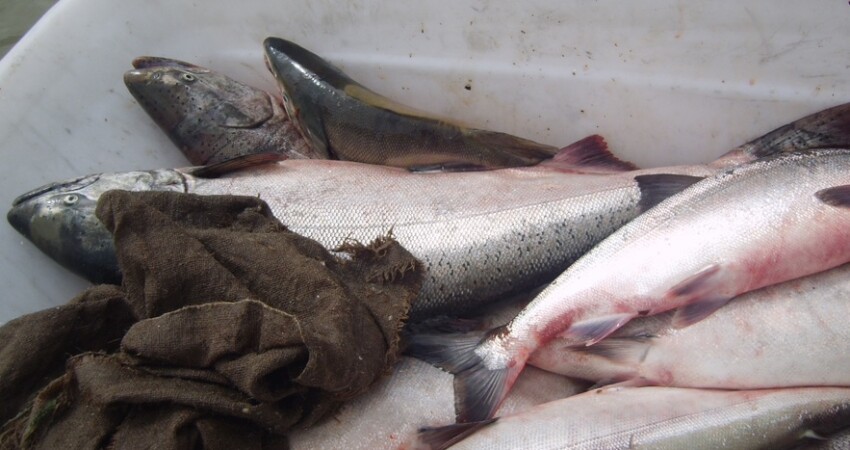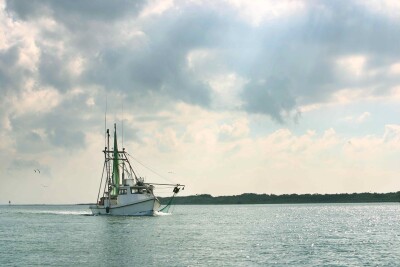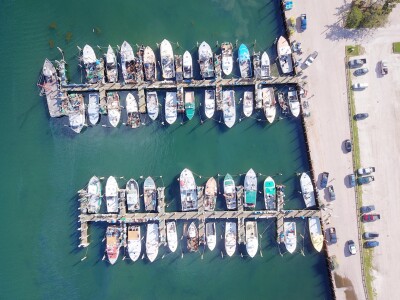The Federal Subsistence Board of the U.S. Department of the Interior (DOI) manages the subsistence priority program on federal public lands and waters within the state of Alaska. Current membership comprises the regional directors of the U.S. Fish and Wildlife Service, National Park Service, Bureau of Land Management, Bureau of Indian Affairs, and U.S. Forest Service — and three public representatives.
According to the Federal Register, the Biden Administration's proposal “would revise the regulations concerning the composition of the Federal Subsistence Board (Board) by adding three public members nominated or recommended by federally recognized Tribal governments, requiring that those nominees have personal knowledge of and direct experience with subsistence uses in rural Alaska, including Alaska Native subsistence uses.” The proposed rule would also require the board’s chair to have some personal experience with and knowledge of subsistence practices.
“Subsistence management in Alaska is one of the top subjects for which more Indigenous voices in decision-making are considered vital,” says Raina Thiele, senior advisor for Alaska Affairs at DOI, speaking to the Alaska Beacon. The board's expansion comes at a time of conflict over several issues affecting Native lifeways and food security.
In 2022, the DOI sued the state of Alaska over conflicting subsistence regulations on a 180-mile stretch of the Kuskokwim River that flows through the Yukon Delta National Wildlife Refuge. The feds limited subsistence fishing to rural residents, while Alaska opened the section of the river for all Alaskans; in a March 2024 ruling, the courts sided with the DOI. Citing the 1980 Alaska National Interests Lands Act, the court ruled that the federal government can limit subsistence priority to rural residents.
Another thorny issue for the board is bycatch and Native people in Alaska have been raising concerns for years about the salmon bycatch in Alaska’s lucrative pollock fishery. But that and many other issues that affect subsistence fisheries lie outside the board’s purview. Regulating fishing in federal waters and overseeing marine mammal safety, for example, are the responsibility of the North Pacific Fishery Management Council, the National Oceanic and Atmospheric Administration, and other organizations. The salmon vital to subsistence users often swim outside U.S. waters, leaving them vulnerable to other nations’ fisheries.
With the expansion of the subsistence board, the Biden Administration seeks to improve relations with Alaska’s indigenous communities and allow their voices to be heard at the federal level.







